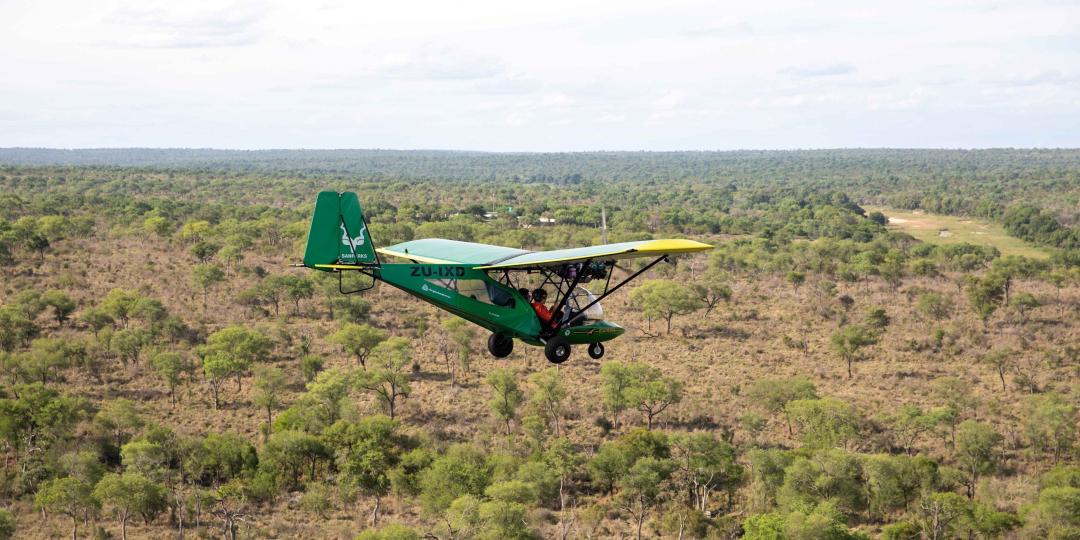South African National Parks (SANParks) recently introduced new measures to help combat poaching in the country’s biggest national parks.
Building on last year’s donation of four Bat Hawk surveillance aircraft to aid surveillance, conservation, and anti-poaching efforts in the Kruger National Park, Anglo American Platinum donated another Bat Hawk last week that will be going to SANParks’ Addo Elephant National Park in the Eastern Cape.
Another aircraft will be donated to Mapungubwe National Park, on the border of South Africa, Botswana and Zimbabwe.
Anglo American Platinum’s Executive Head of Projects, Prakashim Moodliar, said: “The Bat Hawks we have donated to KNP have been put to great use, assisting the SANParks team with rhino dehorning work, ongoing research, aerial visible policing, and water point and soil erosion monitoring.”
Addo Elephant National Park, which spans over 293 000ha, is home to one of the densest populations of African elephants in the world and is the only park in the world that can lay claim to the Big Seven (elephant, rhino, buffalo, lion, leopard, Southern Right whale and the Great White shark in the Addo Marine Protected Area).
“The Bat Hawk aircraft, assembled in Nelspruit, present an affordable and safer alternative to helicopters, and will go a long way in assisting with the Park’s conservation objectives. Other benefits of the aircraft include the cockpit’s great visibility, even during adverse weather conditions, and their light undercarriage, which can easily manoeuvre through bush terrain,” Anglo American said in a press release.
Rhino poaching has already decreased in South Africa in the first six months of 2023, thanks to joint initiatives by various role players within the wildlife industry.
Additional measures at KNP
Isaac Phaahla, KNP GM: Communications and Marketing, recently told Tourism Update that the park “continues to add other tools to the toolbox, although there is no silver bullet to solving the problem of poaching”.
He said KNP had recently added a satellite hound centre in Skukuza to help close the distance on poachers when spoor (tracks) is noticed, so that the dogs do not have to be flown in from Hoedspruit every time.
“They have satellite collars and have contributed to over 90% of arrests since their introduction,” said Phaahla.
He concluded that there were now plate recognition cameras in strategic areas, which have already resulted in the recovery of two SUVs and the arrest of two individuals who intended to smuggle rhino horn into Mozambique through the KNP.
























